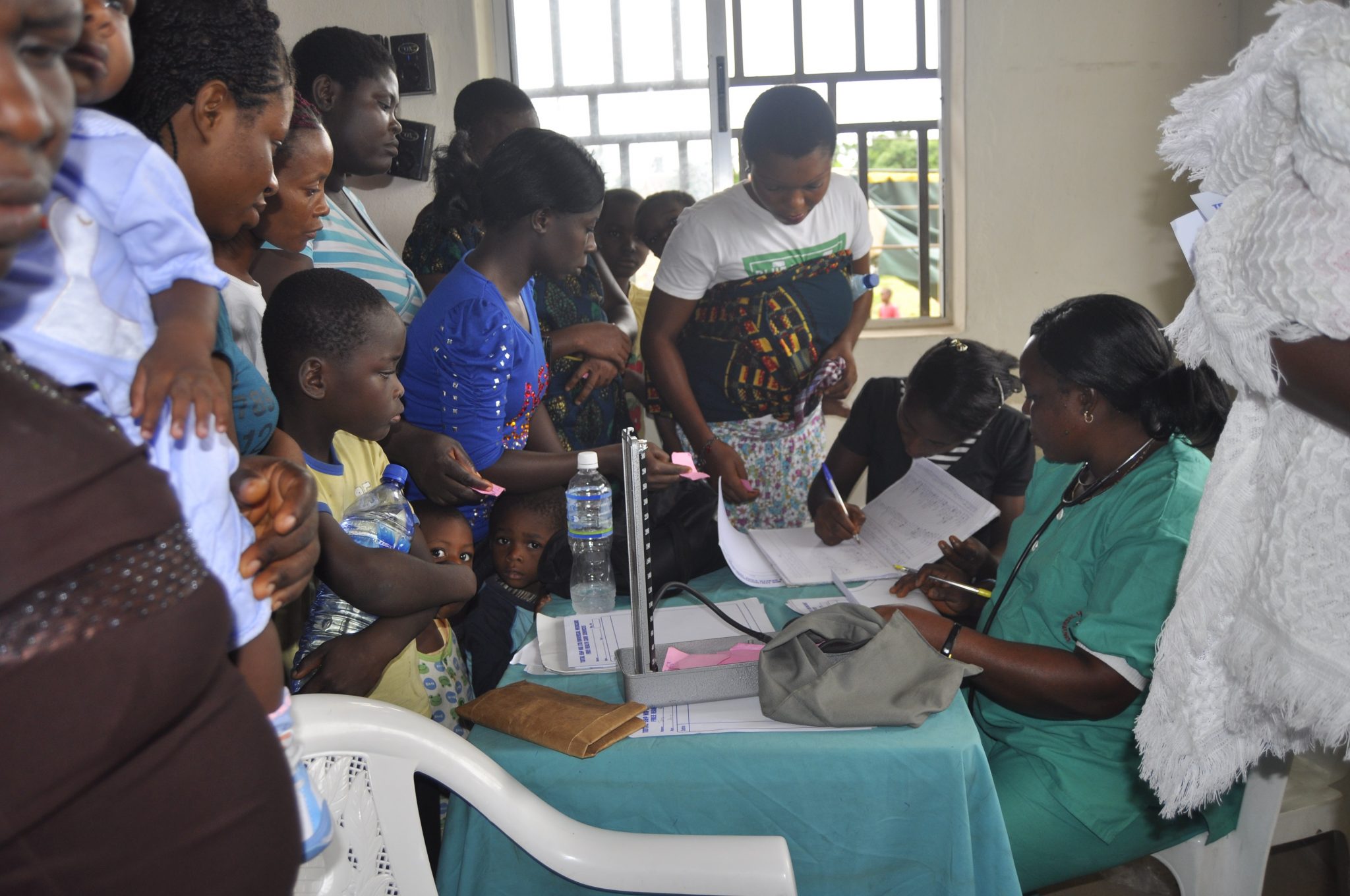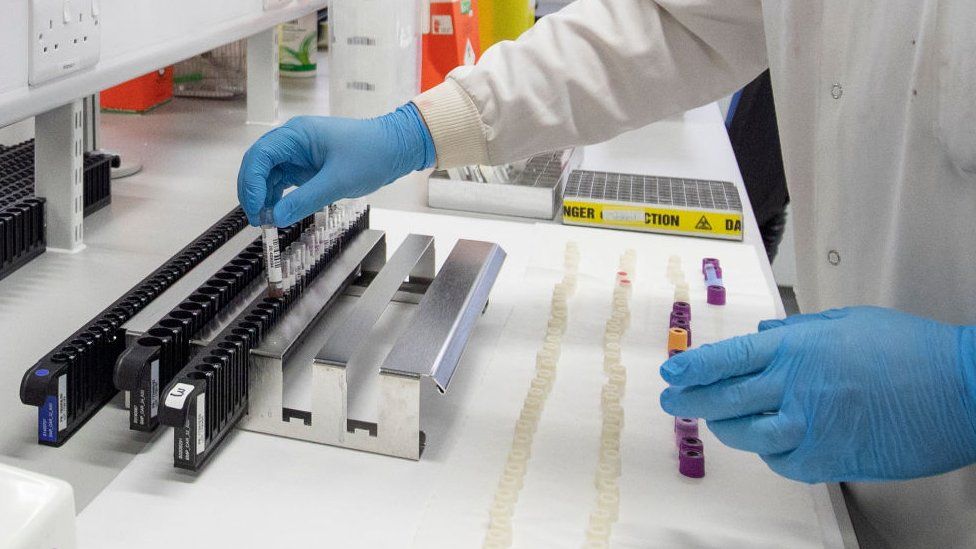World Leaders Meet In U.S. To Scale Up Access To Health Services
Ahead of the United Nations (UN) General Assembly high-level meeting on Universal Health Coverage (UHC), which begins Monday in New York, United States, the World Health Organisation (WHO) and partners have advised that an additional $200 billion (N70 trillion) should be invested yearly to scale up primary health care across low and middle-income countries, including Nigeria.
According to the global agency, the additional investment would potentially save 60 million lives, increase average life expectancy by 3.7 years by 2030, and contribute significantly to socio-economic development.
The WHO and partners, in a new report released yesterday on the eve of the UN General Assembly, said the investment would represent about three per cent increase in the $7.5 trillion already spent on health globally each year.
The universal health coverage monitoring report advised that countries should increase spending on primary healthcare by at least one per cent of their Gross Domestic Product (GDP) if the world is to close the glaring coverage gaps and meet the health targets agreed in 2015. It said countries must also intensify efforts to expand services countrywide and the world would need to double health coverage between now and 2030.
The report, however, warned that if current trends continued, up to five billion people would still be unable to access health care in 2030, the deadline world leaders have set for achieving universal health coverage. “Most of those people are poor and already disadvantaged.”
The WHO has prepared the 2019 report with contributions from the World Bank, the Organisation for Economic Co-operation and Development (OECD), the United Nations Population Fund (UNFPA), and the United Nations Children Fund (UNICEF).
President Muhammadu Buhari and other world leaders will today discuss a far-reaching declaration on universal health coverage, which lists a number of steps to advance progress towards achieving the target.
The steps include WHO’s recommendations relating to primary health care, including the allocation of an additional one per cent of GDP to primary health care through additional investments or reallocation.
The WHO Director-General, Dr. Tedros Adhanom Ghebreyesus, said: “If we are really serious about achieving universal health coverage and improving people’s lives, we must get serious about primary health care.
“That means providing essential health services like immunization, antenatal care, healthy lifestyle advice as close to home as possible – and making sure people do not have to pay for this care out of their own pockets.”
The report said most of that funding would come from countries themselves and that most countries could scale up primary health care using domestic resources – either by increasing public spending on health in general or by reallocating spending towards primary health care – or by doing both.
“At present, most countries are under investing in primary health care. But for the poorest countries, including many affected by conflict, this may not be feasible and these countries will continue to require assistance from outside. This funding must be carefully targeted to result in a lasting improvement to health systems and services – via a systematic strengthening of primary health care countrywide.”
The report also urged countries to renew efforts to scale up service coverage countrywide, noting that although coverage has increased steadily since 2000, progress has slowed down in recent years. “Most increases have occurred in lower-income countries, but these countries are still lagging behind and the biggest health service gaps are in the poorest countries and those affected by conflict.”
The Executive Director, UNICEF, Henrietta Fore, said: “Too many women and children continue to die from easily preventable and treatable causes simply because they can’t get the care they need to survive.
“By working with communities to provide primary health care to the poorest and the most vulnerable, we can reach the last mile and save millions of lives.”
Coverage is generally lower in rural areas than in towns. The report cited a lack of health infrastructure, shortages of health workers, weak supply systems, and poor-quality care leading to low trust among communities as major obstacles to achieving UHC.




